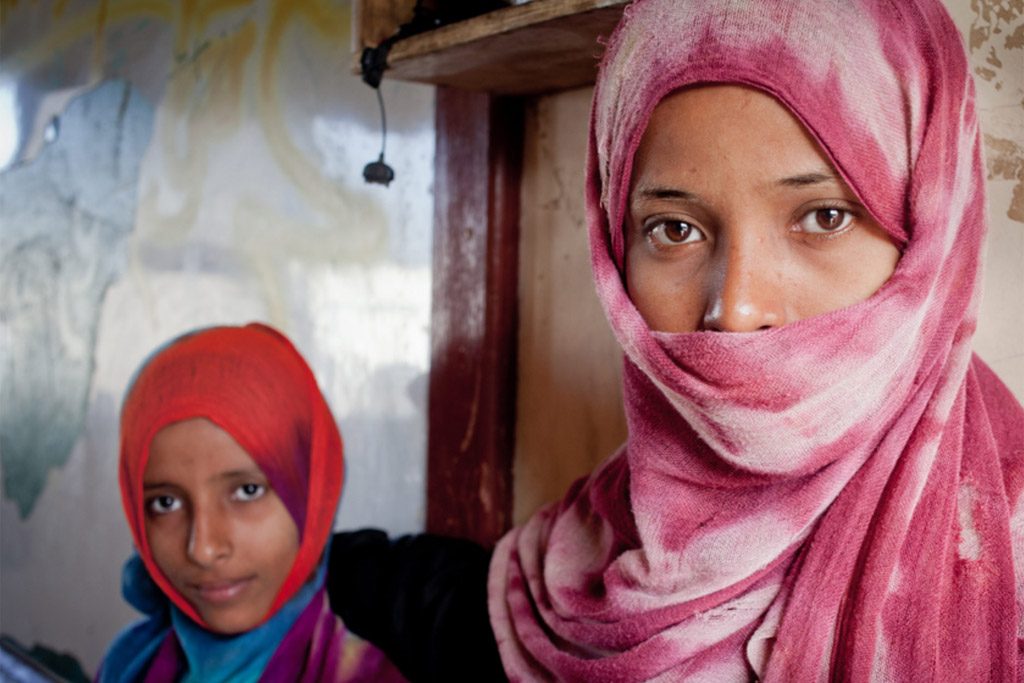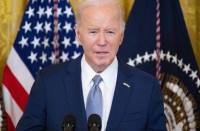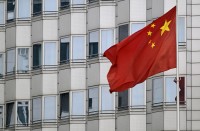
The United Nations children’s agency UNICEF has declared 2014 a devastating year for children, with as many as 15 million caught in conflicts in Central African Republic, Iraq,South Sudan, Syria, Ukraine and the Palestinian territories.
UNICEF Executive Director Anthony Lake said earlier this month the high number of crises meant many of them were quickly forgotten or failed to capture global headlines, such as inAfghanistan, Democratic Republic of Congo, Nigeria, Pakistan, Somalia, Sudan and Yemen.
Globally, UNICEF said some 230 million children were living in countries and regions affected by armed conflict.
“2014 was a devastating year for millions of children,” said UNICEF spokesman, Christophe Boulierac, speaking on Friday (December 19).
“Children were maimed, killed, raped, tortured, and never in recent memory have beenchildren subjected to such an extreme brutality. So, currently, we have 230 million of children currently living in areas affected by crises, and 15 million, 15, 15 million caught-up in major crises, conflicts,” he added.
Significant threats also emerged to children’s health and well-being like the deadly outbreak of Ebola in the West African countries Guinea, Liberia and Sierra Leone, which has left thousands orphaned and some 5 million out of school.
In Central African Republic, where tit-for-tat sectarian violence has displaced one-fifth of the population, some 2.3 million children are affected by the conflict with up to 10,000 believed to have been recruited by armed groups during the past year and more than 430 killed or maimed, UNICEF said.
Some 538 children were killed and 3,370 injured in the Palestinian Gaza Strip during a 50-day war between Israeli troops and Hamas militants, it said.
In Syria, UNICEF said more than 7.3 million children have been affected by the civil war, including 1.7 million who fled the country. In neighbouring Iraq an estimated 2.7 million children have been affected by conflict, it added, with at least 700 believed to have been maimed or killed this year.
“We could also talk about Syria. 35 schools have been attacked during the nine first months of 2014, 35 schools, resulting in the death of more than 100 children and 3 times more children injured. In Iraq, 700 children are reported to have been killed, executed, maimed,” Boulierac said.
Some 750,000 children have been displaced in South Sudan with 320,000 living as refugees. The United Nations said more than 600 children have been killed and more than 200 maimed this year, while some 12,000 are being used by armed groups.
Last week, an attack by Taliban gunmen on a school in Peshawar, Pakistan left at least 132 students dead.
“When you attack schools, a stage is passed, something has been, something is definitely more serious. Schools are havens, they must be safe havens for children. Schools is where they learn, we all know that, but is also where they grow up, where they develop themselves,” Boulierac said.
The Ebola outbreak has also worsened children’s situations around the world — across the three worst-affected countries of Liberia, Guinea and Sierra-Leone, the outbreak is believed to have left thousands of children orphaned, and an estimated 5 million out of school.
Boulierac said the protections of children must become a priority in 2015.
“A child who saw his parents being killed, or who was injured, tortured, attacked himself is not going to grow up very well if we do not support him, but in fact it’s not only short-term, it’s clearly middle-term and long-term. Children are the future of a country, and it’s clear that, you know, helping children, providing children with psychosocial support help them to continue their life and, at the end of the day, this is the life of the country by itself,” he said.
UNICEF/Reuters







